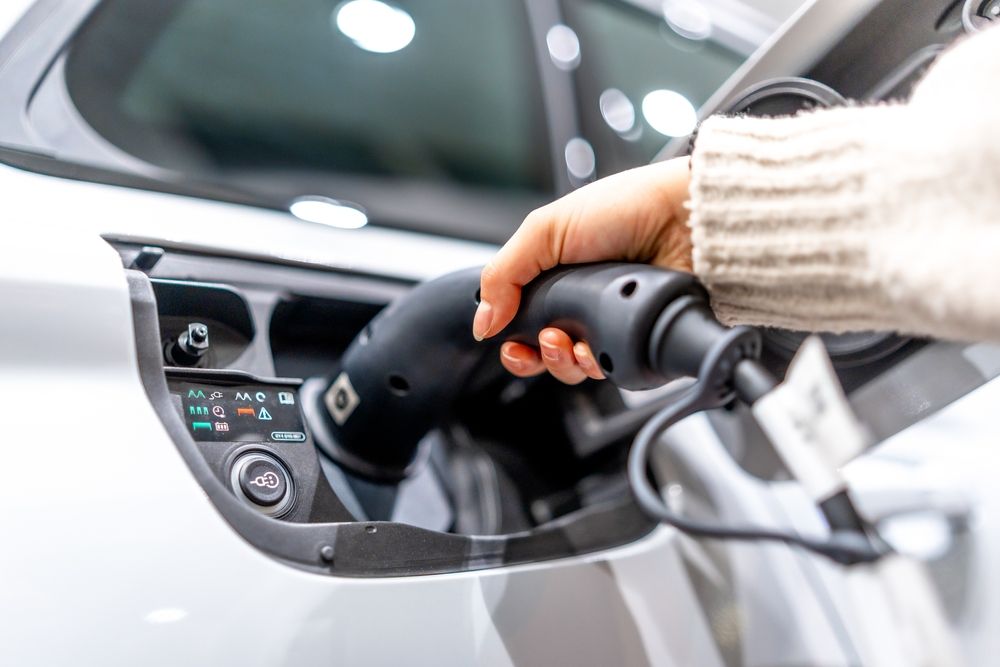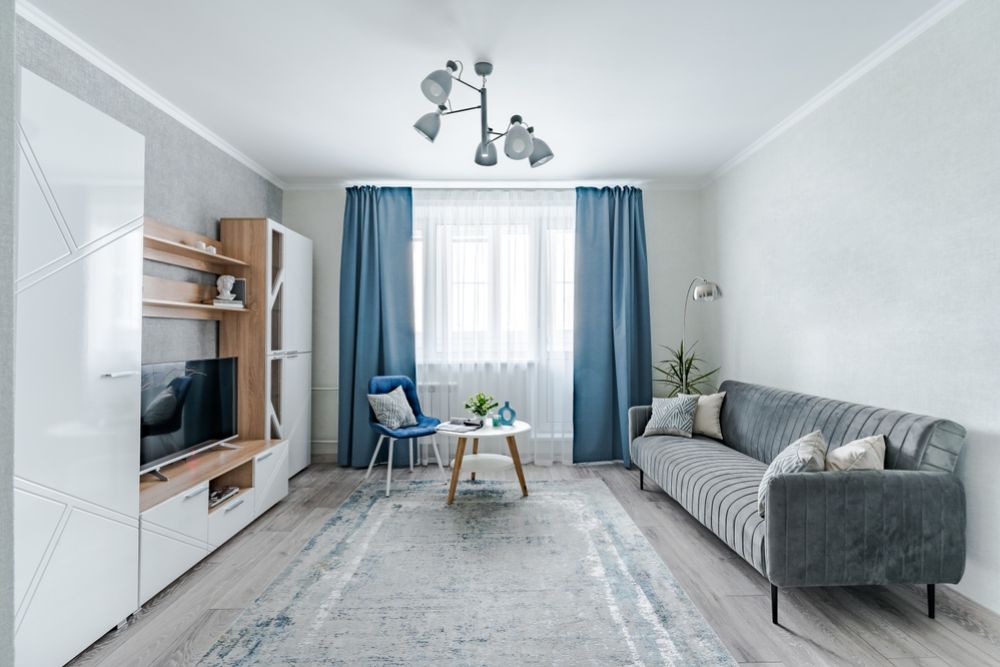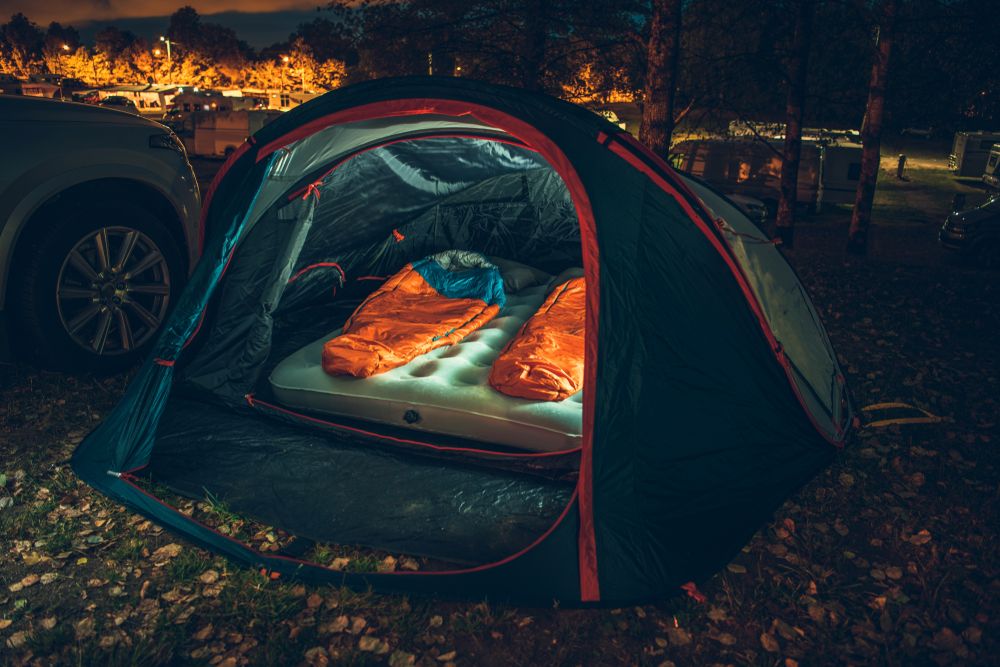As summer approaches, so does the onslaught of allergies for many people. The combination of dry air and allergens can make this season particularly challenging. A good humidifier can be a game-changer, offering relief from dryness while also aiding in the reduction of airborne allergens. However, selecting the right humidifier is crucial to effectively manage summer allergies. This article aims to guide you through the essential considerations and tips for buying the best humidifiers to alleviate summer allergies, ensuring a more comfortable and symptom-free season.
Understanding Humidifier Types
When choosing a humidifier, it’s important to understand the different types available, as each has its benefits and drawbacks. Evaporative humidifiers are the most common, using a fan to evaporate water into the air, which can help filter out allergens. Ultrasonic humidifiers produce a cool mist using ultrasonic vibrations and are quieter, but require regular cleaning to prevent mold growth. Steam vaporizers heat water to create steam, which is then cooled before exiting the device, killing any bacteria or mold. Knowing the differences will help you choose the right type for your needs and environment, ensuring effective allergy relief.
Consider Room Size
Matching the humidifier to the size of your room is critical for optimal performance. A unit too small won’t effectively increase humidity levels, while one too large can lead to excessive moisture, promoting mold growth which can exacerbate allergies. Most humidifiers will specify their effective coverage area on the packaging. For larger spaces, you might need a console humidifier, whereas smaller rooms or specific areas like beside your bed can benefit from a tabletop model. Ensuring you have the right size humidifier will help maintain the ideal humidity level, offering relief from allergy symptoms.
Features for Allergy Sufferers
Some humidifiers come equipped with features that specifically benefit those with summer allergies. Look for models with built-in hygrometers that monitor humidity levels, allowing for automatic adjustments to maintain the ideal range between 40-60%. Models with air purifying filters can also remove allergens from the air, providing dual benefits. Additionally, consider units with UV light sanitization to kill bacteria and mold spores, reducing potential allergy triggers. Selecting a humidifier with these features can significantly enhance your comfort and protection against summer allergies.

Easy Maintenance and Cleaning
Regular cleaning is essential to prevent the growth of mold and bacteria in your humidifier, which can worsen allergies. Opt for models that are easy to disassemble and clean, preferably with dishwasher-safe components. Some humidifiers have antimicrobial treatments or use materials that inhibit microbial growth, which can reduce cleaning frequency. However, no humidifier is maintenance-free, so choosing one that simplifies this process will help ensure it remains a beneficial tool against allergies rather than a source of them.
Quiet Operation for Nighttime Use
If you plan to use your humidifier in a bedroom, noise level is an important consideration. Ultrasonic humidifiers are typically the quietest, making them ideal for nighttime use. A loud humidifier can disrupt sleep, which is counterproductive, especially since quality sleep is vital for managing allergy symptoms. Look for models marketed as being quiet or having a ‘night mode’ feature, ensuring your sleep environment remains conducive to rest and recovery.
Energy Efficiency and Operating Costs
Consider the energy consumption of the humidifier, as it may be running for extended periods, especially during peak allergy seasons. Models with Energy Star ratings or those that feature eco-friendly modes can help minimize energy use and operating costs. Additionally, evaluate the cost of replacement filters or cartridges if applicable, as this will be an ongoing expense. Choosing an energy-efficient humidifier with manageable operating costs will ensure that you can use it as needed without worrying about excessive utility bills or maintenance costs.
Price and Warranty
Humidifiers can range widely in price, depending on their features, size, and type. Set a budget, but also consider the value of the features that are most important for managing your allergies. Additionally, check the warranty period and what it covers. A longer warranty can provide peace of mind, ensuring that your investment is protected against defects or performance issues. Remember, the most expensive option isn’t always the best, but investing in a reliable, well-reviewed model can save money and hassle in the long run.
Reviews and Recommendations
Before making a purchase, research and read reviews from other consumers, especially those who use humidifiers for allergy relief. Personal experiences can provide insight into how well a humidifier performs in real-world conditions. Also, seek recommendations from health professionals or allergists, as they can offer valuable advice on the best types or brands for managing allergies. Utilizing reviews and expert opinions can help you make an informed decision, ensuring you choose the most effective humidifier for your needs.
Selecting the right humidifier for summer allergies requires careful consideration of various factors, including the type of humidifier, room size, special features for allergy sufferers, ease of maintenance, noise level, energy efficiency, cost, and warranties. By taking these into account, you can find a humidifier that not only alleviates allergy symptoms but also improves your overall comfort during the summer months. Remember, the goal is to maintain a healthy indoor humidity level that supports your well-being without promoting the growth of allergens. With the right humidifier, you can enjoy a more comfortable and symptom-free summer.




